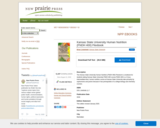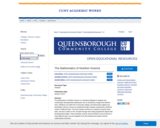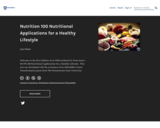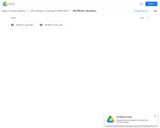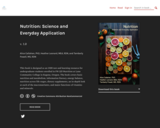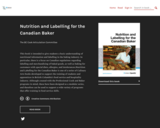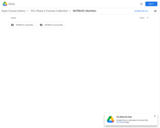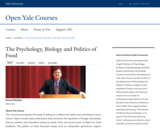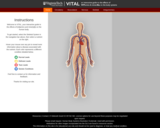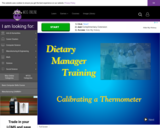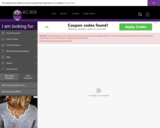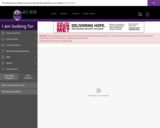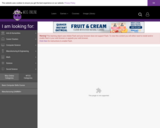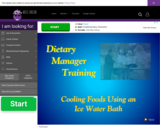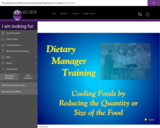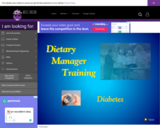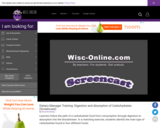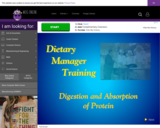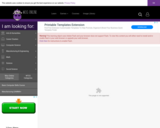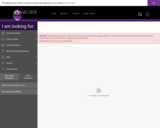This book is designed as an OER text and learning resource for undergraduate students enrolled in FN 225 Nutrition at Lane Community College in Eugene, Oregon. The book covers basic nutrition and metabolism, information literacy, energy balance, nutrition across life stages, dietary supplements, an in-depth look at each of the macronutrients, and major functions of vitamins and minerals
COURSE DESCRIPTION: Nutrition is a study of how the body takes in and uses the nutrients from food. Food sources, functions, and requirements of the following are discussed: carbohydrates, proteins, fats, vitamins, minerals and water. In addition, digestion, absorption and metabolism of all nutrients are covered. Skills are developed for improving personal eating habits and for evaluating nutrition information in the mass media.
COURSE OBJECTIVES: Upon successful completion of this course, students will be able to:
Understand the symbiosis of life & make eating decisions to sustain health for ourselves and our earth's resources. This requires knowing what:
nutrients are in the foods we eat
purpose a nutrient serves a plant or animal we eat
a human body needs to do to that nutrient before it gets into our bloodstream
our body does with that nutrient
Evaluate a food's nutrient content by reading its food label.
Discuss current international, national and local issues surrounding food access, nutritional excesses and nutritional deficiencies and offer possible solutions.
Begin to apply scientific reasoning to evaluate the validity of nutrition information in media.
Evaluate dietary intakes using the Recommended Dietary Allowances, the Food Guide Pyramid, the Dietary Goals and the Dietary Guidelines and understand the limitations of their use.
Demonstrate that recommended nutrient intake levels can be obtained under varying levels of caloric intake and under varying economic, cultural and lifestyle conditions.
Recognize that nutrition is only one factor-- along with exercise, freedom from excessive stress, and rest-- in staying healthy.
Consider several sides of a nutrition issue, like vegetarianism or world hunger.
See connections between this class and others you might be taking or have taken.
